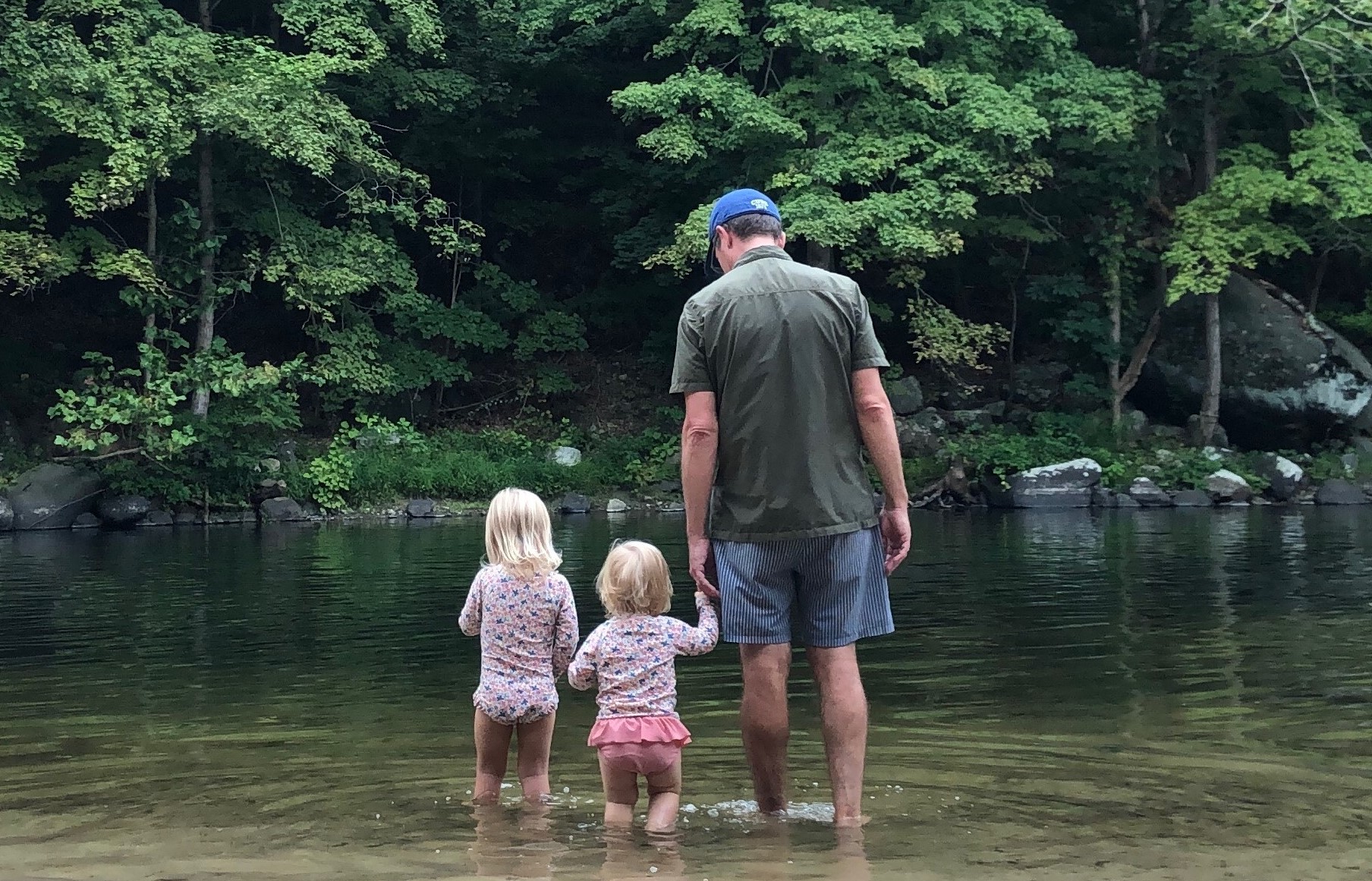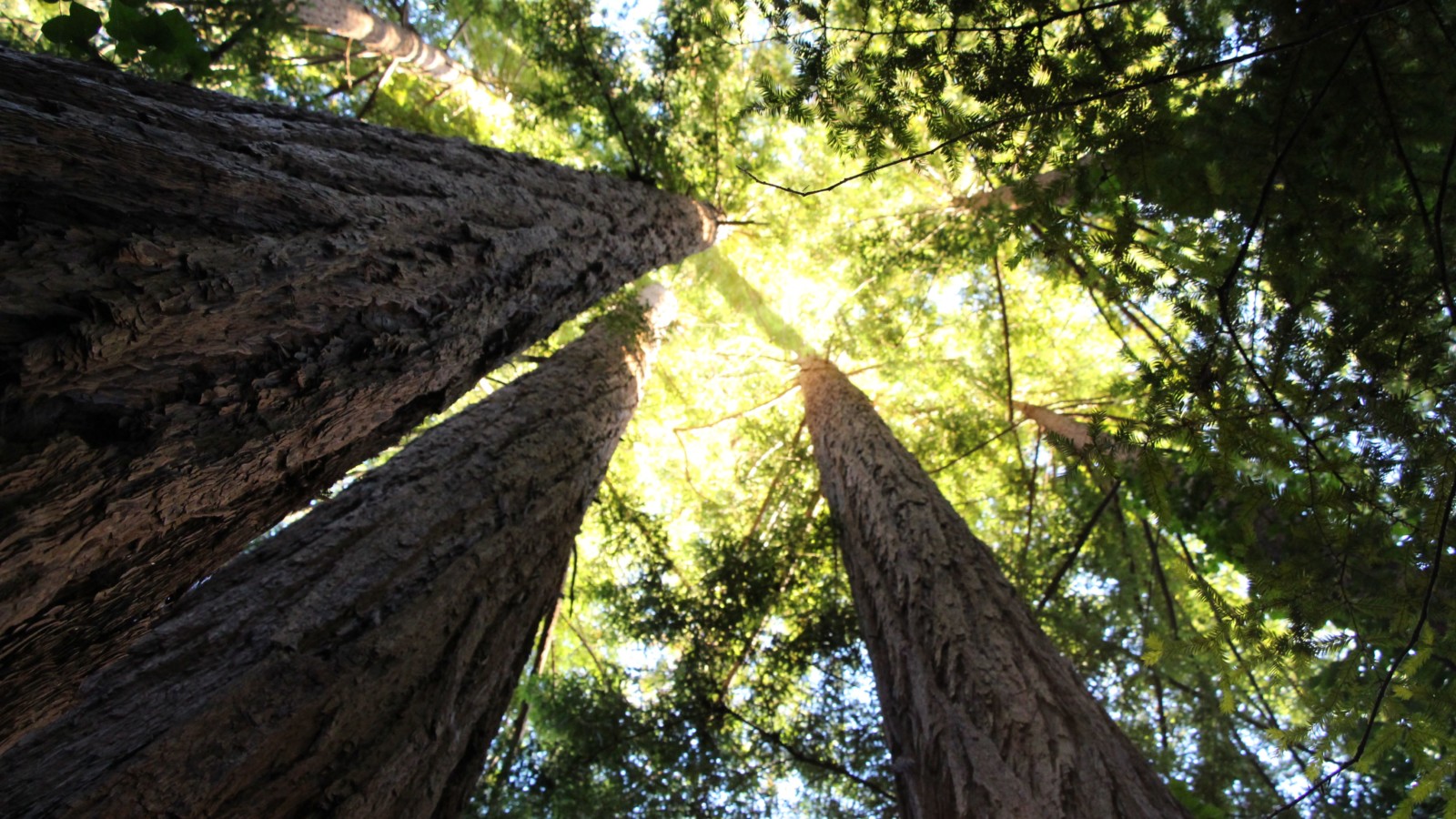I’ve been thinking more lately about the aughts, the first decade of this still new but already worn century. So much has happened in the past ten years—in my own life and work, and in the wider world—that it can be easy to let slide all that was momentous in the decade that preceded. Sometimes, it’s worth remembering.
Twenty years ago, I was living in a one-bedroom apartment in Berkeley, California, just preparing to begin a new research project on “truth and reconciliation” that would lead — eventually — to a doctorate in sociology. My chief faculty advisor — who would become the chair of my dissertation committee — was a Marxist sociologist named Michael Burawoy. Michael was and is a deeply dedicated mentor to a wide range of graduate students, and an undergraduate teaching legend at the University of California, Berkeley. That fall, September 2001, I was one of several lucky teaching assistants for his two-semester course on the history of social theory, required of all sociology majors. Beyond the challenging work of teaching, my research interest in the politics of reconciliation was leading me deeper into an exploration of the anti-apartheid struggle in South Africa, where Michael had longstanding ties through his own research and extensive network of relationships.
Later, grappling with South Africa’s ongoing efforts to come to terms with the enduring legacies of its apartheid past, I would be drawn into a complex engagement with the controversial possibilities of public religion—an orientation toward my research and writing that more than once put me at loggerheads with my resolutely materialist graduate school mentor, a conflict at once excruciating and exhilarating. Yet our differences weren’t only, or even mainly, a matter of religion and its publics. Affectionate and gregarious, Michael could also be exacting and irascible. Part of the “disobedient generation” in American sociology, he and others had substantially remade the discipline, and he had long been accustomed to doing intellectual battle. Ever the prodigal son, I was determined to be disobedient myself, even as we worked in collaboration. I took pride when Michael referenced the ways in which I had “pummeled, prodded, and aided” him as he explored the untold history of sociology at Berkeley. Yet I was also repeatedly at pains to satisfy his intellectual demands, and eager in the end to be more than a stray and mostly hidden footnote.
In the fall of 2001, however, I was neither thinking all that much about matters of religion nor deep enough into my dissertation to understand that I wasn’t going to be the sort of thinker Michael wanted me to be (a realization that would be years in the making). I was still half-asleep early on the morning of September 11 when Luke, who lived across the hall, knocked on my door and drew me into his apartment to look at the TV. Rubbing my eyes as I watched the horrifying scene in lower Manhattan, I struggled to fully comprehend what was happening, unable to imagine the cascade of consequences that would follow, still cascading now.
When I landed in Cape Town a couple years later, one of the first people to cross my path at All Africa House on the campus of the University of Cape Town, where I was staying for a period as I initially got my bearings, was Adekeye Adebajo. Ade was freshly arrived himself, having moved to Cape Town to direct the Centre for Conflict Resolution. Upon learning that I was from the United States, he bellowed, “You’re not for Bush, are you?!” I was not. Yet living abroad as a U.S. citizen, just a few years after 9/11, was still a jarring and often unsettling experience. Making my way in post-apartheid South Africa, as a white American with a Dutch last name, brought its own distinct if related forms of disorientation, shifting my experience and perspective in ways that continue to reverberate. Nearly a decade after Nelson Mandela’s historic election, I had not journeyed to Cape Town to form my own novel analysis of South Africa’s innovative and controversial Truth and Reconciliation Commission (TRC), but rather—through extended engagements with a wide range of South African intellectuals and activists—to sharpen an understanding of the TRC’s transnational influence and global reception, particularly in the North American context from which I’d come.
Back in the United States after my reluctant return from southern Africa, I packed my limited belongings into a small East Bay storage unit and traveled to New York City with a couple of suitcases in tow, for what I imagined would be a six-month stay, the second leg of my yearlong field research. Little did I know.
Living in a tiny bedroom in a shared house in Gramercy Park owned and operated by the Manhattan Mennonite Fellowship, and without any place to work, I secured a small desk, and a related research gig, at the Social Science Research Council (SSRC), which was then located in midtown. Within a couple of years, punctuated by a relatively brief but glorious stint back in northern California, I’d been promoted from research associate to program officer and research fellow at the SSRC, leading the Council’s just funded line of work on religion and international affairs. My dissertation writing project was still in pieces, much to the dismay of my graduate advisor. But the joint position I’d been offered—half-time as a program officer developing a fledgling initiative on religion and public life, and half-time as a research fellow conducting my own work—was designed to give me space to write and publish and prepare for an entrance into the academic job market.
Fortunately, for me, it was an entrance I never made. The work I was doing at the SSRC—both the projects we promised our funders we would pursue and, just as importantly, everything else that we managed to do around the edges—became, for a time, all-consuming. Setting aside many of my own individual projects, I worked with others to lay plans for a series of events and edited volumes that would emerge from the work of a new SSRC program on religion and the public sphere. And, somewhat serendipitously, I started a blog.
Since I had no interest in being a blogger myself, I convinced a quickly expanding bevy of accomplished writers—all of whom had much more to say than I did (and were already quite good at saying it)—to do the blogging. Most of the early contributors to The Immanent Frame, which launched in the fall of 2007, were academics, scholars based in various disciplines throughout the social sciences and humanities. Many of them didn’t really know what blogging was all about. I wasn’t sure myself. Together, and with the essential and creative assistance of a team of smart young editors, writers, and graduate students, we sought to figure out. The result wasn’t a typical blog, exactly, but it was something new, something different. And it was something that excited and energized at least a few folks—not least, those of us working on it.
One of those so energized was the independent writer and budding public intellectual Nathan Schneider. Commenting on a relatively early post to The Immanent Frame, Schneider described his conversion to Catholicism at the age of 18 (“a thrilling experience, a liberating one, built on a critique of how secularism had fallen short”), and went on to tell of a number of subsequent “pendulum-swings back and forth between secular and religious thinking.” Who was this guy? I sent him an email to see if I could find out.
Nathan’s reply came back quickly. It was just as thoughtful as his initial blog comment had been, and shortly thereafter, as I recall, I convinced him to join our collaborative enterprise. His interview series for The Immanent Frame, which he dubbed “Deathless Questions,” became for a time one of our most popular features, and several years after our first meeting we worked together with others to produce and launch Frequencies, a collaborative and experimental digital project co-curated by Kathryn Lofton and John Lardas Modern. But well before that—as he reminded us at a party the night before our wedding celebration, striding to the front of the room with his laptop in hand and reading from a string of old emails that he adduced as proof—Nathan introduced me to the tender and tenacious person who would, just before the decade’s end, become my partner in life and love, and whose hand I would later hold through the amazing births of two beautiful, life-altering children.

Bouncing back and forth between the curb appeal of life-changing magic and the disturbing durability of the current order of things, I find that I am disposed to overlook the small and seemingly inconsequential movements and happenings that end up remaking life as I know it. Whether or not it is true that our lives can only be understood backwards, the stories we tell about many such shifts often take on fresh meaning for us in retrospect. That’s been the case for me, at least.
Some of the cultural analysts I find myself following these days are fond of musing on the many affordances of new digital technologies. Yet in a pandemic year when tech has loomed even larger than usual, affording all manner of new practices and tactically altered traditions—from zoom conferences and virtual happy hours to online schooling and livestreamed church services—I’m struck by something that seems much more basic, and about which I probably don’t have anything very profound to say: the simple yet transformative affordances of our very own words.
To the extent that we have the wherewithal to grasp and deploy them—and we all do, in some manner, as I am reminded watching my young children learn and fashion a shared language of their own—words give us the capacity and the chance to be authors of our own lives. Not in the foolish sense that we simply make our own realities, but rather as tools for telling stories of who we are and where we’ve been, and for gesturing, however inchoately, toward where we might yet be going. The tales we tell ourselves about ourselves are often mawkish and tiresome, and always incomplete. And for these reasons, among others, many of the most insightful people I know are duly skeptical of them. It is tempting in the face of such skepticism to largely disavow the impulse to personal narrative, and to turn instead toward other forms of individual and community sense-making. Yet the capacity to tell our own stories, and the felt need to do so, remains a life-affirming if uneven gift, and one that is in certain moments worthy of embrace. I am grateful for such moments—and for those generous enough to listen, and perhaps to tell some stories of their own.


